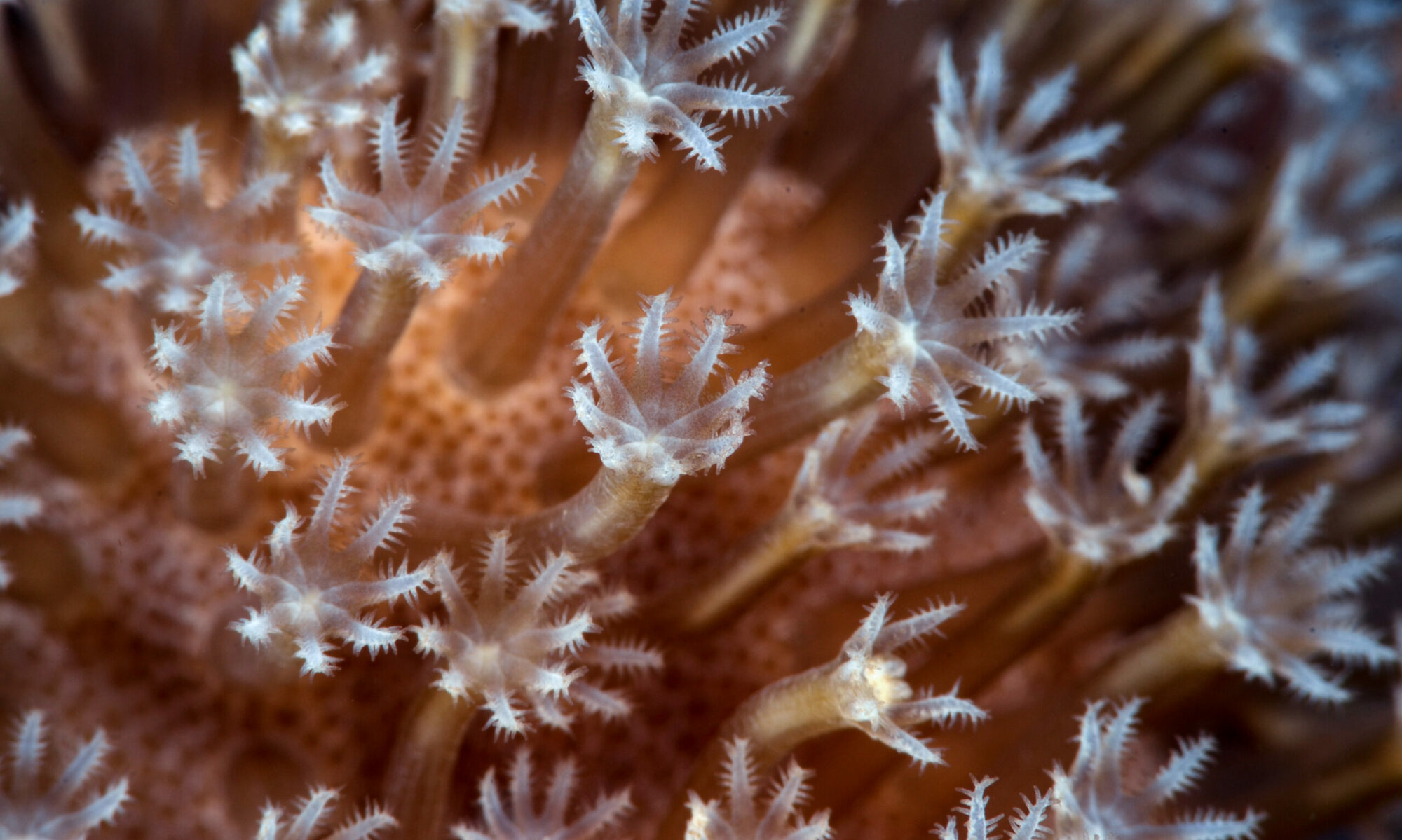

Sarai Vega, a biology graduate student from the University of Guam was one of 13 participants selected worldwide to attend the 2023 Dauphin Island Sea Lab Meiofauna Diversity and Taxonomy Workshop in Alabama from May 10 to May 19, 2023.
Meiofauna are invertebrates that live in both marine and freshwater environments that are small enough to pass through a 0.45 micrometer mesh. They live in between the grains of sand and mud on the seafloor and riverbeds. Copepods, flatworms, and nematodes fall under meiofauna.
Because the meiofauna group is broad, the field remains understudied despite its ecological importance.
“Meiofauna have a high turnover, so they reproduce very fast and they don’t live very long,” said Vega. “Because of this, they are a food source to bigger animals like crabs and sea cucumbers. In turn, those bigger animals are food for other animals. If this group didn’t exist, it would affect that chain.”
Over the course of the workshop, Vega was able to connect with meiofauna experts from around the world as well as learn different collection and sampling techniques for DNA metabarcoding of meiofauna communities around Dauphin Island.
As a Guam NSF EPSCoR Graduate Research Assistant, Vega became interested in researching meiofauna to incorporate it into her thesis project, which focuses on studying the formation of sediment plumes in the Pago Watershed in central Guam and how they affect the island’s environment.
Sediment from soil erosion due to fires and invasive species such as wild pigs and deer can wash into rivers, streams, and bays during rainfall. Once in the water, these plumes of sediment can pollute bodies of water and smother coral reef systems.
“These sediment plumes consist of very fine sediment,” said Vega. “I want to understand what’s happening and how they affect meiofauna.”
Vega said that her experience attending the workshop has benefited her development as a scientist.
“Being in the workshop was very hard in the beginning, but I got to learn a lot by asking other people how they’d process their samples so by the end of the workshop, I was faster,” said Vega. “As a scientist, I feel like if there’s any new skill I would like to have, I’ll just have to practice and I’ll get better. Learning is infinite and it’s exciting to know that.”



